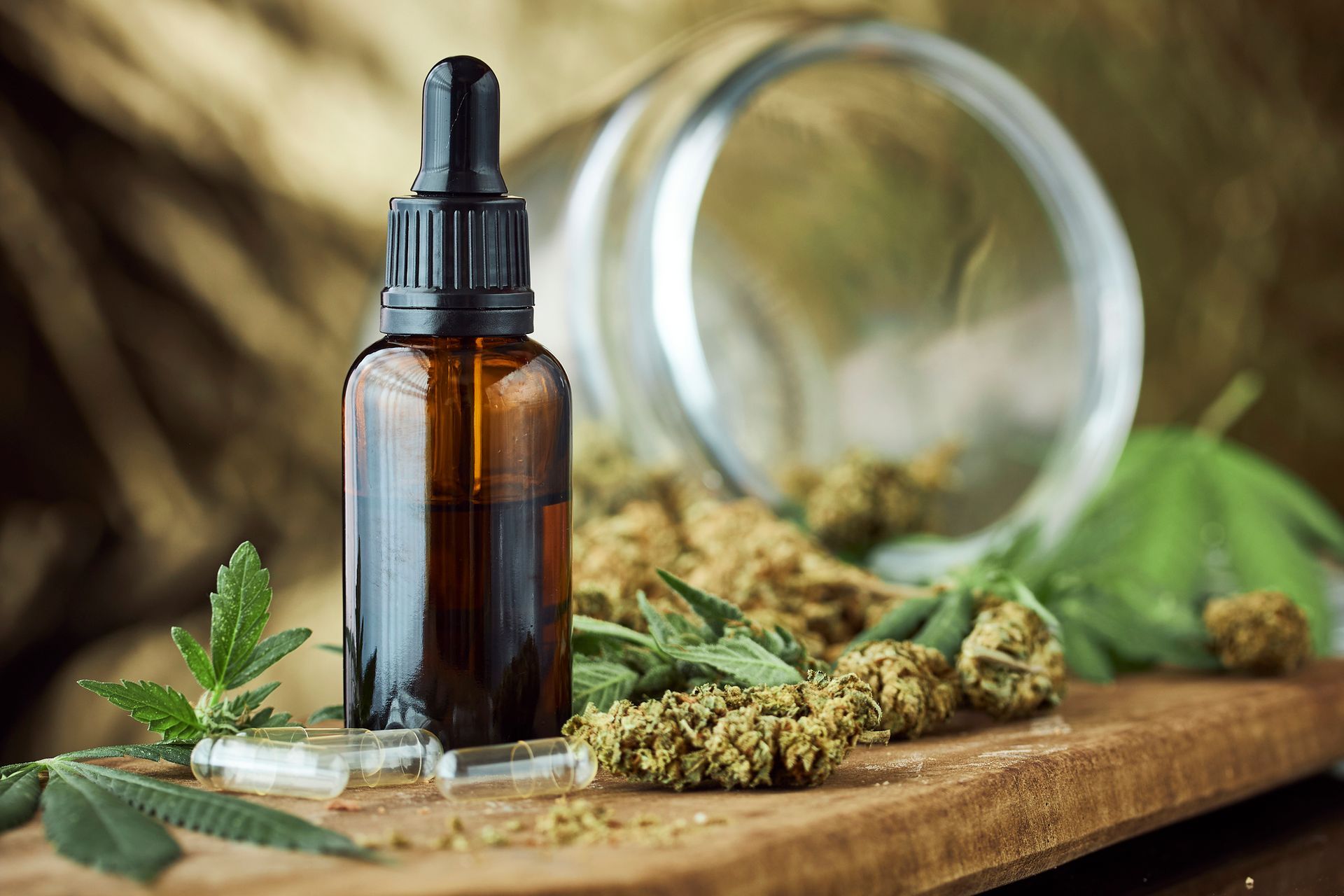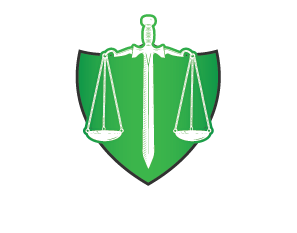The status of Hemp Cannabinoids in Pennsylvania
Understanding WEED - Cannabis, Marijuana, Hemp, and Cannabinoids

In order to understand Cannabis laws, it is important to understand the definitions associated with this area of law- Cannabis Law. It is important to understand that hemp and marijuana are the same plant, and the legal distinction is in the amount of Delta 9 THC. Hemp and Marijuana or Marihuana are legal distinctions of the plant Cannabis Sativa L. (If you are worried about testing positive on a drug test then you should refrain from using cannabis products as many cannabis products will contain some amounts of Delta 9 THC)
Definitions to Remember:
(NOTE: I am not discussing the origins of the use of the word “marijuana” or “marihuana” that were used for a discriminatory purpose.) Marijuana and/or Marihuana is a legal definition used to define unlawful cannabis with a higher amount of delta 9 THC.
“Cannabinoids” are chemical compounds found in the cannabis plant that interact with receptors in the brain and body to create various effects.
“Cannabidiol” = CBD
“Endocannabinoid System” (or ECS) human receptor system that essentially promotes homeostasis by regulating cannabinoids.
“Isomer” = each of two or more compounds with the same formula but a different arrangement of atoms in the molecule and different properties.
Pennsylvania Definition of “Marihuana” “consists of all forms, species and/or varieties of the genus Cannabis sativa L., whether growing or not; the seeds thereof; the resin extracted from any part of such plant; and every compound, manufacture, salt, derivative, mixture, or preparation of such plant, its seeds or resin; but shall not include tetrahydrocannabinols, the mature stalks of such plant, fiber produced from such stalks, oil or cake made from the seeds of such plant, any other compound, manufacture, salt, derivative, mixture, or preparation of such mature stalks (except the resin extracted therefrom), fiber, oil, cake, or the sterilized seed of such plant which is incapable of germination. “ 35 Pa.C.S.A. § 780-102.
Marihuana and Tetrahydrocannabinols are listed as Schedule One Controlled Substance in Pennsylvania.
•35 P.S. § 780-104 defines a Schedule I controlled substance as one that has “a high potential for abuse, no currently accepted medical use in the United States, and a lack of accepted safety for use under medical supervision.” The Act lists marijuana as [a] Schedule I controlled substance.
•35 P.S. § 780-104 lists schedule one controlled substances “(iii) Any material, compound, mixture, or preparation which contains any quantity of the following hallucinogenic substances, their salts, isomers, and salts of isomers, unless specifically excepted, whenever the existence of such salts, isomers, and salts of isomers is possible within the specific chemical designation:.. (16) - Tetrahydrocannabinols.”
HOW DO YOU KNOW WHAT IS LEGAL?
Currently one cannot determine whether a cannabis plant is lawful without a lab test. Smell and appearance are not sufficient. Generally, one is smelling terpenes that are naturally occurring in the cannabis plant. In order to determine legality of a cannabis product one must look at the amount of Delta 9 tetrahydrocannabinol (Delta 9 THC) - and usually on a dry weight basis. If the amount is greater than .3% Delta 9 THC then it is unlawful. However, there are always grey areas during the growing and processing.
The "weed" you see being sold in the gas stations and smoke shops are usually hemp-based products and often will contain amounts of Delta 9 THC. Therefore, it is imperative to test the cannabis to understand the illegality. Even if you test the product, you have to understand State and Federal Law.
The current status of Hemp Products due to the 2018 Agricultural Improvement Act (the “Farm Bill") is that they are NOT CONTROLLED SUBSTANCES. However, States can make more stringent laws regarding the production and manufacturing of hemp and cannabis products. In Pennsylvania, many in law enforcement consider Delta 8 THC an unlawful Tetrahydrocannabinol. Therefore, under State Law it would require a detailed analysis of your state law for each cannabinoid or hemp derived product.
Under Federal Law, it is clear that Hemp and Hemp Derived products that contain less than .3% Delta 9 THC are removed from the Controlled Substances Act and are lawful under Federal Law. The below case illustrates the lawfulness of Delta 8 under Federal Law:
AK Futures v. Boyd Street Distro LLC. – Trademark Case - Granting the preliminary injunction, the district court held that the 2018 Agricultural Improvement Act (the “Farm Act”) legalized the company’s delta-8 THC products where Boyd Street challenged TM saying that Delta 8 products were not lawful therefore not entitled to TM..
The panel held that the plain and unambiguous text of the Farm Act compels the conclusion that AK Futures’ delta-8 THC products are lawful. Observing that the relevant portion of the Farm Act removes “hemp” from the definition of marijuana in the Controlled Substances Act, the panel concluded that on the available record, the delta-8 THC in AK Futures’ e-cigarette liquid appears to fit comfortably within the statutory definition of “hemp”—i.e., the liquid is properly understood as a derivative, extract, or cannabinoid originating from the cannabis plant and containing “not more than 0.3 percent” delta-9 THC.
The panel wrote that because the Farm Act’s definition of hemp is not ambiguous, the panel does not consider agency interpretation, and even if it did, the Drug Enforcement Agency’s view of the Farm Act’s plain text aligns with the panel’s own. The panel wrote that any congressional intent that the Farm Act legalize only industrial hemp, not a potentially psychoactive substance like delta-8 THC, appears neither in hemp’s definition nor in its exemption from the Controlled Substances Act. The panel therefore concluded that AK Futures is likely to succeed on the merits of its trademark claim.
Therefore, natural hemp derived products, with .3% Delta 9 THC or less, are legal under the 2018 Farm Bill.
(THIS IS NOT LEGAL ADVICE. Christopher D. Mandracchia, Esq. is an Attorney, Certified Ganjier, and is licensed to practice law in Pennsylvania. No attorney-client relationship. Each case is unique and you should consult an experienced Attorney. Visit CDMattorneys.com for more information on our legal services)
Copyright CDM LAW, LLC 2024

